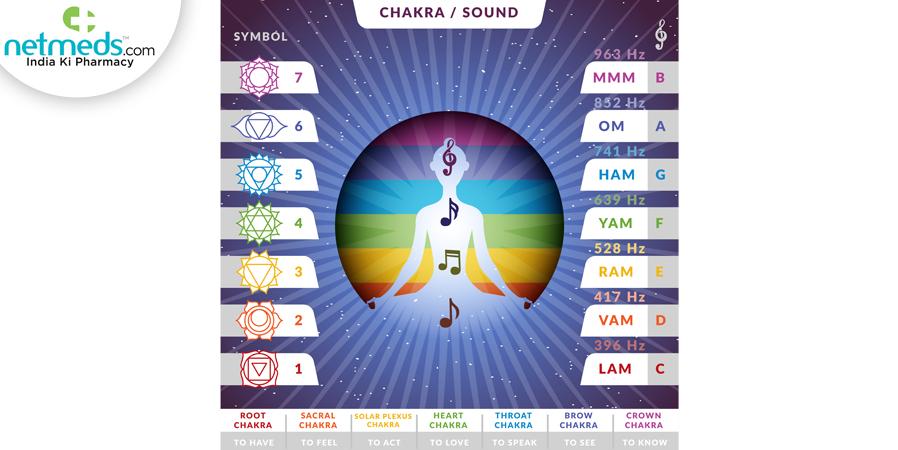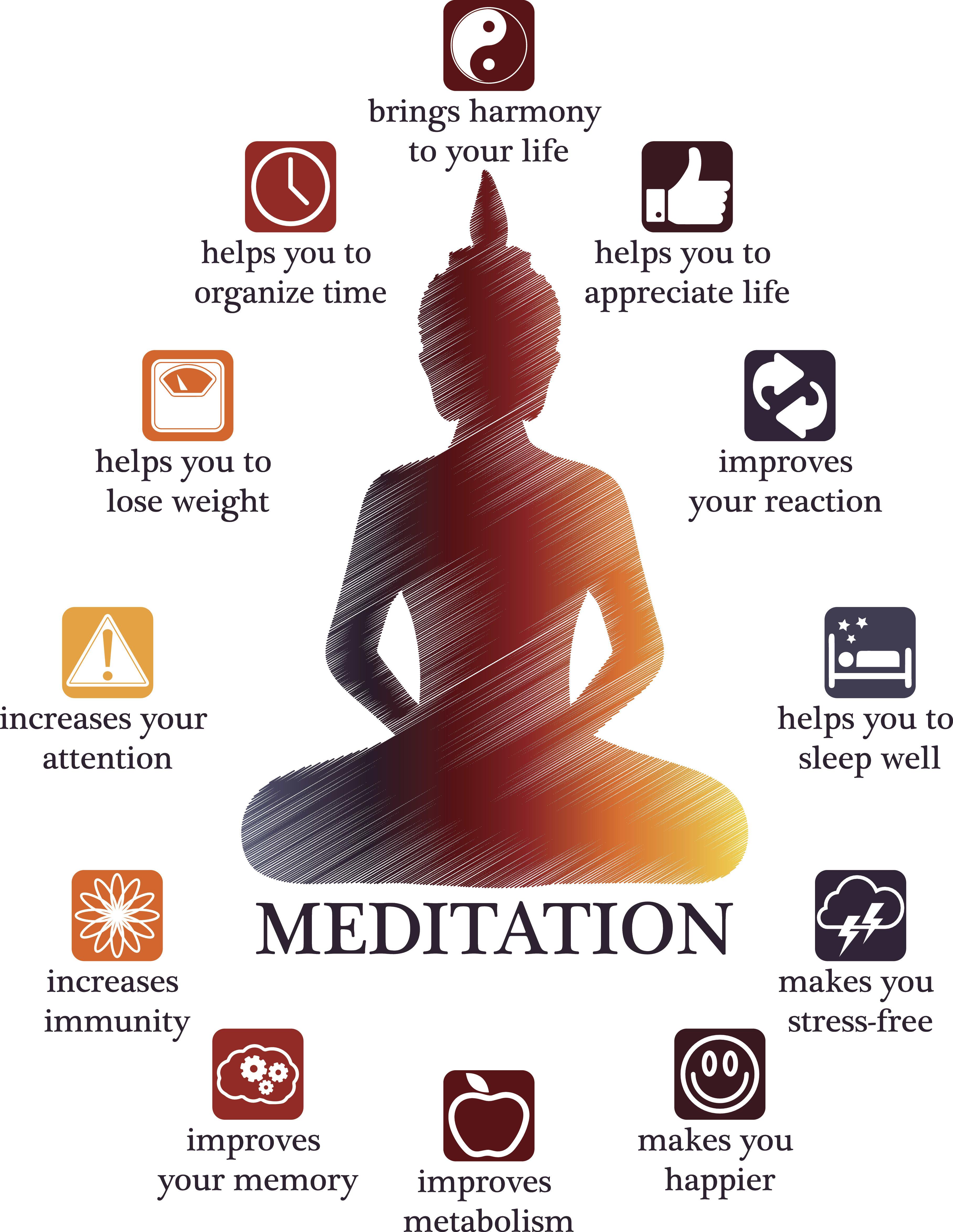In the realm of mindfulness practices, where tranquility meets the quest for inner peace, two ancient techniques have stood the test of time: mantra meditation and breathwork. Both revered for their transformative potential, they offer distinct pathways to achieving a state of calm and clarity. As modern life becomes increasingly frenetic, the search for effective stress-relief methods has brought these practices to the forefront of wellness conversations. But when it comes to effectiveness, does one hold a candle to the other? This article delves into the depths of mantra meditation and breathwork, exploring their origins, methodologies, and the unique benefits they offer. Join us as we unravel the mystery of these time-honored practices and weigh their merits in the quest for mental harmony.
Exploring the Essence of Mantra Meditation and Breathwork
In the realm of meditation practices, mantra meditation and breathwork both offer profound pathways to mindfulness and inner peace, yet they engage the mind and body in distinct ways. Mantra meditation involves the repetition of a word or phrase, which serves as an anchor for the mind, fostering a deep state of concentration. This repetition can help individuals transcend the usual chatter of the mind, creating a sacred space where clarity and calmness can flourish. The vibrations of the mantra are believed to align the practitioner with the universe’s natural rhythms, providing a sense of connection and balance.
- Mantra Meditation: Focus on a repeated phrase or sound.
- Breathwork: Concentrate on inhaling and exhaling patterns.
On the other hand, breathwork centers on the conscious regulation of breathing patterns, which directly impacts the autonomic nervous system. Through deliberate control of the breath, practitioners can influence their physiological state, often achieving heightened states of awareness or deep relaxation. While breathwork emphasizes the body’s natural rhythm and the transformative power of oxygen, mantra meditation taps into the spiritual and vibrational aspects of sound. Both practices, though distinct in approach, offer transformative experiences that cater to different aspects of human consciousness.

The Science Behind Mindfulness Techniques
Delving into the intricate world of mindfulness, it’s essential to understand the neurological and physiological mechanisms that underpin various techniques. Mantra meditation and breathwork are both rooted in the ancient practices of focusing the mind and achieving heightened states of awareness, yet they activate different pathways in the brain. Mantra meditation often engages the brain’s language centers, fostering a deepened sense of focus and mental clarity. This practice can lead to increased alpha wave activity, which is associated with a relaxed yet alert state of mind.
- Mantra Meditation: Enhances verbal and auditory processing, stimulates memory and concentration.
- Breathwork: Involves the autonomic nervous system, promoting relaxation and reducing stress hormones.
Conversely, breathwork primarily influences the autonomic nervous system. By regulating breath patterns, individuals can activate the parasympathetic response, leading to reduced cortisol levels and enhanced emotional regulation. This physiological shift not only calms the body but also cultivates a profound sense of inner peace. Each method, while distinct, shares the ultimate goal of fostering a balanced mind-body connection.

Comparative Benefits of Mantra Meditation and Breathwork
Exploring the comparative advantages of mantra meditation and breathwork reveals intriguing insights into their unique contributions to mental and physical well-being. Mantra meditation focuses on the repetition of a specific word or sound, fostering a deep sense of inner peace and concentration. This practice is renowned for its ability to quiet the mind, enhance focus, and promote spiritual growth. In contrast, breathwork involves controlled breathing techniques that can significantly improve emotional health by reducing stress and anxiety levels. It enhances physical vitality by increasing oxygen flow and promoting relaxation.
- Emotional Benefits:
- Mantra Meditation: Heightens emotional resilience and reduces stress.
- Breathwork: Calms the nervous system and releases emotional blockages.
- Physical Benefits:
- Mantra Meditation: Lowers blood pressure and improves heart health.
- Breathwork: Boosts immune function and increases energy levels.
- Mental Benefits:
- Mantra Meditation: Enhances concentration and clarity of thought.
- Breathwork: Increases mindfulness and mental acuity.

Guidelines for Choosing Your Mindful Practice
Choosing the right mindful practice involves a delicate balance of personal preference and individual goals. To begin, consider what resonates with you on a deeper level. Are you drawn to the rhythmic repetition of words, or do you find solace in the natural ebb and flow of your breath? Mantra meditation might appeal to those who appreciate structure and the power of sound, while breathwork could attract individuals who seek a more fluid, organic experience.
- Identify Your Goals: Are you looking to enhance focus, reduce stress, or cultivate a deeper sense of awareness?
- Evaluate Your Environment: Consider whether your surroundings support silent repetition or if they are more conducive to breathing exercises.
- Trial and Adapt: Experiment with both practices. Notice how each affects your mind and body over time, and be open to switching if your needs evolve.
Ultimately, the effectiveness of a mindful practice is subjective. Allow yourself the flexibility to explore and discover what truly nurtures your mental and emotional well-being.
The Way Forward
As we draw the curtain on our exploration of mantra meditation versus breathwork, we find ourselves standing at the intersection of ancient wisdom and modern curiosity. Both practices, steeped in centuries of tradition, offer unique paths to inner peace and self-discovery. Mantra meditation enchants with its rhythmic chants, guiding the mind towards a tranquil focus, while breathwork, with its primal cadence, connects us to the very essence of life.
In the quest for mental clarity and emotional balance, perhaps the question is not which is more effective, but rather, which resonates more deeply with you at this moment in your journey. As with all paths to mindfulness, the choice is deeply personal and ever-evolving. So, whether you find solace in the sacred vibrations of a mantra or the gentle ebb and flow of your breath, may your practice lead you to the serenity and insight you seek. The journey continues, with each inhale and exhale, each whispered word, inviting you to explore the boundless landscapes of your own consciousness.
